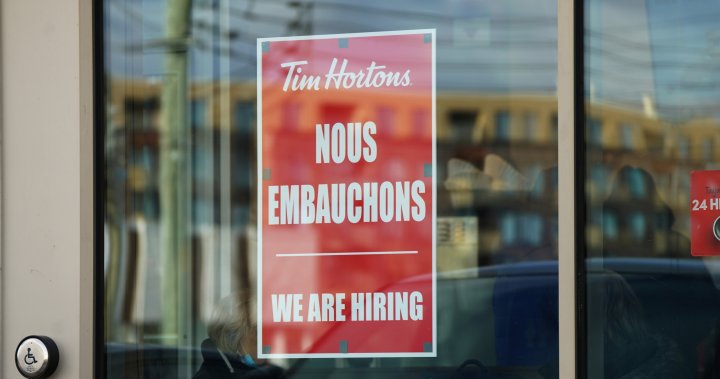
Hiring is tough — especially for employers looking for bilingual talent. Here’s why
Global News
Businesses in need of bilingual talent are finding they have to make concessions and worry about long-term growth amid recruitment challenges and labour shortages.
An already-tight labour pool and increasingly restrictive language laws in Quebec are making it that much more difficult to recruit bilingual talent, employers and experts tell Global News.
A Statistics Canada report released Wednesday shows the proportion people fluent in both French and English in provinces outside of Quebec diminished between 2016 and 2021, even as the total bilingual population grew across the country over those same five years. The proportion of French-first speakers declined in almost every province and territory as well.
The relative scarcity of bilingual talent comes as Canada’s unemployment rate sits at a historic low of 4.9 per cent.
That makes the challenge of recruiting French and English speakers at Le Germain’s two Ottawa hotels that much more difficult for the hospitality brand.
Marie Boissonnault, the talent and culture coordinator at Germain Hotels, says the proximity of Ottawa to Quebec means the company gets a steady flow of guests from the neighbouring province who expect to be served in their first language.
That, combined with the company’s own French-Canadian origins and its foothold in the capital of a bilingual country, puts the language demand higher up the list than for most employers.
“It’s really important to us to be able to serve in French. That’s where we come from,” Boissonnault says.
Finding any candidate and on-boarding them quickly has been a challenge as of late, she says, but putting the French-English requirements on top of that means Germain has to make concessions.









